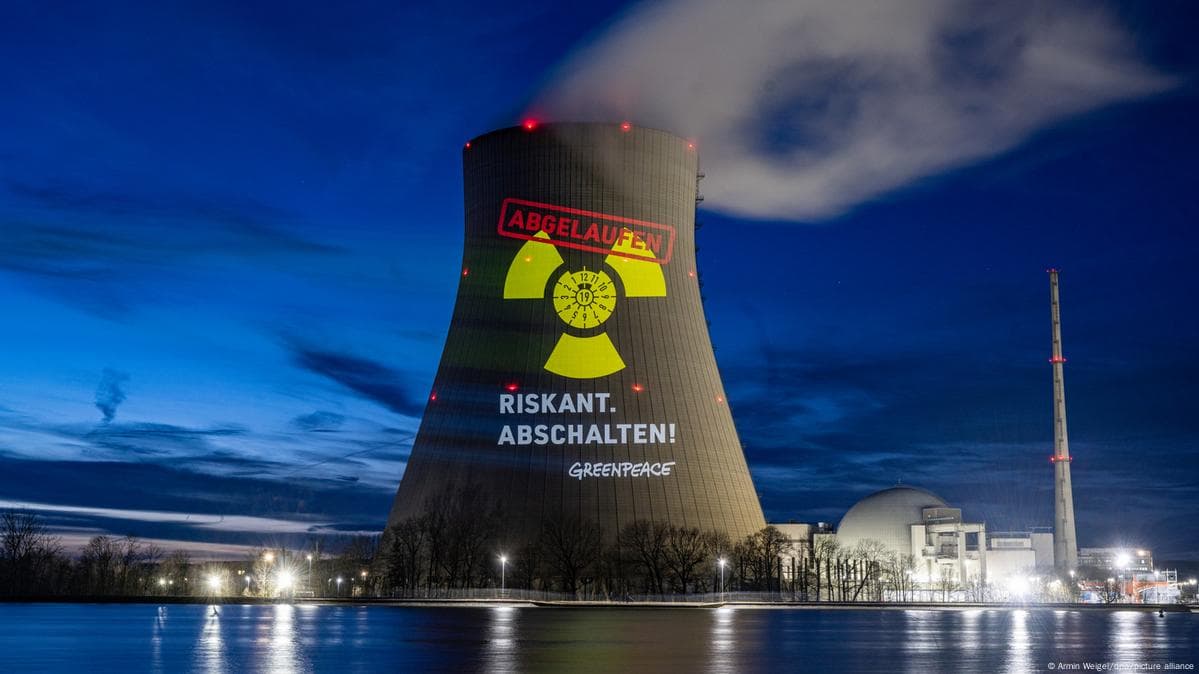Germany Completes Nuclear Phase-Out in April 2023, Fueling Debate on Energy Future and Fossil Fuel Reliance

Germany officially concluded its decades-long nuclear power program on April 15, 2023, with the final shutdown of its last three operational reactors: Isar 2, Emsland, and Neckarwestheim 2. This landmark decision, largely championed by the Green party and environmental movements, has intensified a national debate over the country's energy security, the pace of its transition to renewables, and the implications for its reliance on fossil fuels.
The initial plan for Germany's nuclear exit was established in 2002 under a Social Democratic-Green coalition, with an accelerated timeline set following the 2011 Fukushima disaster. While the final shutdown was originally slated for the end of 2022, the energy crisis exacerbated by Russia's invasion of Ukraine prompted a temporary extension for the remaining plants. They operated in a "stretch-out" mode, utilizing existing fuel rods, until their definitive closure.
Critics have vociferously opposed the phase-out, arguing it undermines Germany's climate objectives. Commentator Adam Singer articulated this sentiment, stating, "> The leftist party in Germany shut down nuclear plants (green, elemental energy) forcing reactivation or delayed decommissioning of coal facilities. Everything they say is an inversion of reality." Indeed, a 2020 study found that the lost nuclear electricity production was primarily replaced by coal-fired generation and increased net electricity imports, contributing to higher social costs from air pollution.
The controversy deepened in April 2024 when German magazine Cicero reported allegations that Economy Minister Robert Habeck, a leading figure in the Green party, had potentially overridden expert advice regarding the safety and continued operation of nuclear facilities in 2022. These claims suggest that internal assessments favoring nuclear power were suppressed, aligning with the perception among some critics that the government's narrative on the phase-out was misleading.
While Germany has made significant strides in expanding renewable energy, the complete removal of nuclear power, a consistent low-carbon source, presents ongoing challenges. The policy has led to discussions about the need for new gas-fired power plants as a transitional solution, further complicating the nation's path to climate neutrality. The long-term impact on Germany's industrial base and its ability to meet ambitious emissions reduction targets remains a subject of intense scrutiny and debate.